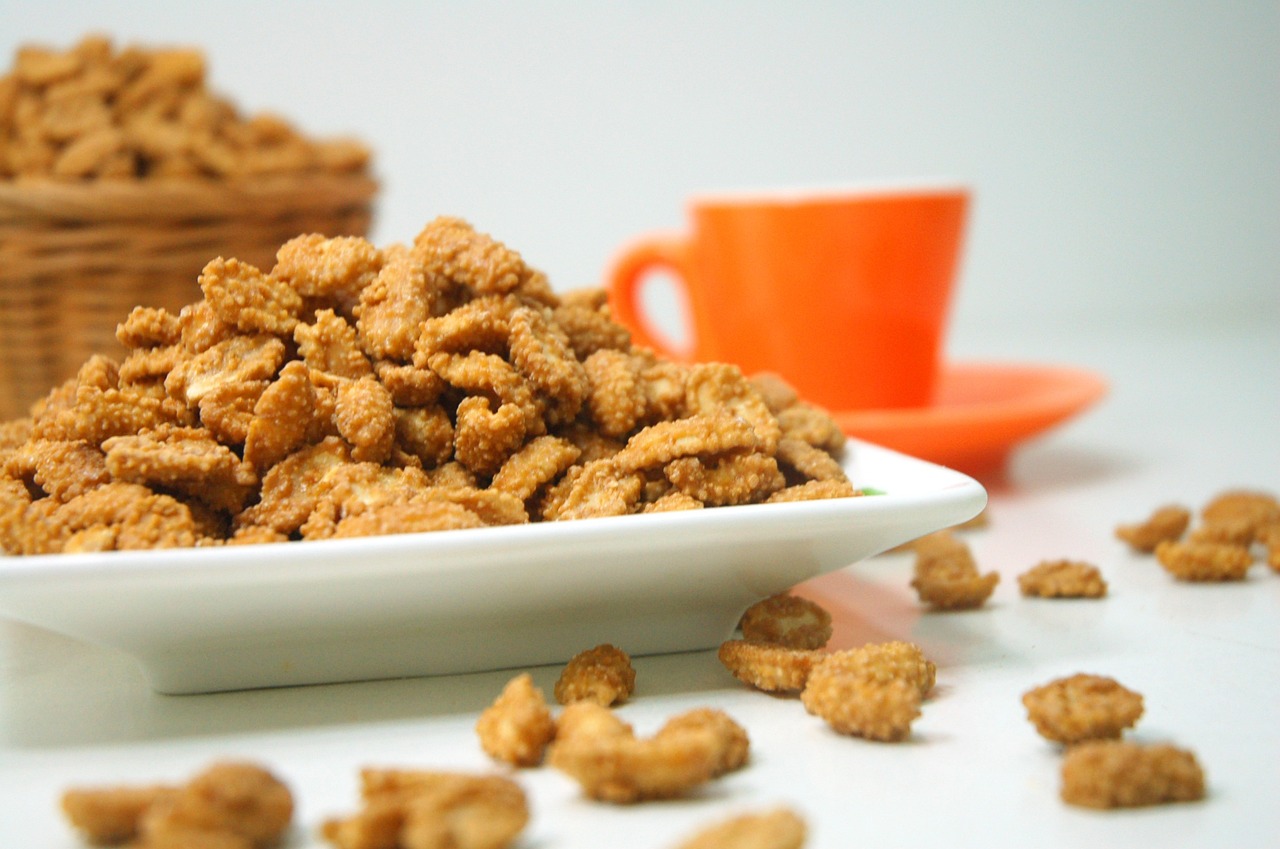Investigating the Health Effects of Food Irradiation on Nutrient Quality: Betbhai book, Cricbet99 login, Diamondexch9 login
betbhai book, cricbet99 login, diamondexch9 login: Investigating the Health Effects of Food Irradiation on Nutrient Quality
When it comes to food safety and quality, one of the methods that has been gaining attention in recent years is food irradiation. This process involves exposing food to a controlled amount of ionizing radiation to kill bacteria, parasites, and other potentially harmful microorganisms. While it has been touted as a way to improve food safety and shelf life, there are concerns about the potential health effects of food irradiation on the nutrient quality of the food.
In this article, we will delve into the world of food irradiation and explore its impact on the nutrient content of our food.
Understanding Food Irradiation
First things first, let’s start by understanding what food irradiation is all about. Food irradiation is a process that uses ionizing radiation to destroy harmful microorganisms like bacteria and parasites in food. This process can be done using gamma rays, electron beams, or X-rays.
The idea behind food irradiation is to improve food safety by reducing the risk of foodborne illnesses and extending the shelf life of perishable foods. By killing harmful microorganisms, food irradiation can help prevent food poisoning and spoilage.
Impact on Nutrient Quality
Now, let’s get to the crux of the matter – how does food irradiation affect the nutrient quality of our food? There is ongoing debate about whether food irradiation can lead to nutrient losses in food. Some studies suggest that certain vitamins, such as vitamin C and thiamine, may be sensitive to the effects of irradiation and could be lost during the process.
However, it’s essential to note that the extent of nutrient loss depends on various factors, such as the type of food, the dose of radiation used, and the specific nutrients in question. While some nutrients may be affected by irradiation, others may remain relatively stable.
To put things into perspective, let’s take a look at some common nutrients and how they may be impacted by food irradiation:
1. Vitamin C: Vitamin C is known to be sensitive to heat and light, and some studies suggest that it may also be affected by irradiation. However, the extent of vitamin C loss during irradiation can vary depending on the dose of radiation used.
2. Thiamine: Thiamine, also known as vitamin B1, is another nutrient that may be sensitive to irradiation. Studies have shown that thiamine levels in food can decrease after irradiation, especially at high doses.
3. Folate: Folate, a B vitamin that is essential for cell division and growth, may also be affected by irradiation. Research has shown that folate levels in irradiated foods can decrease, particularly in foods that are high in folate to begin with.
It’s important to note that while some nutrients may be impacted by food irradiation, the overall nutrient content of irradiated foods may still be higher than that of foods that are not irradiated. This is because irradiation can help preserve the nutritional value of food by preventing spoilage and bacterial contamination.
FAQs
Q: Is food irradiation safe?
A: Yes, food irradiation is considered safe by leading health organizations, including the World Health Organization (WHO) and the Food and Agriculture Organization (FAO) of the United Nations. The process has been thoroughly studied and deemed safe for consumption.
Q: Does food irradiation change the taste of food?
A: Food irradiation does not significantly alter the taste, texture, or appearance of food. In fact, many people may not even be able to tell the difference between irradiated and non-irradiated food.
Q: Are there any regulations around food irradiation?
A: Yes, there are strict regulations in place for the use of food irradiation in different countries. These regulations ensure that the process is done safely and that irradiated foods are properly labeled for consumers.
In conclusion, while there are concerns about the potential impact of food irradiation on nutrient quality, the process is generally considered safe and can help improve food safety and shelf life. By understanding the potential effects of irradiation on nutrient content, consumers can make informed choices about the foods they eat. Ultimately, more research is needed to fully understand the long-term implications of food irradiation on our health and well-being.







